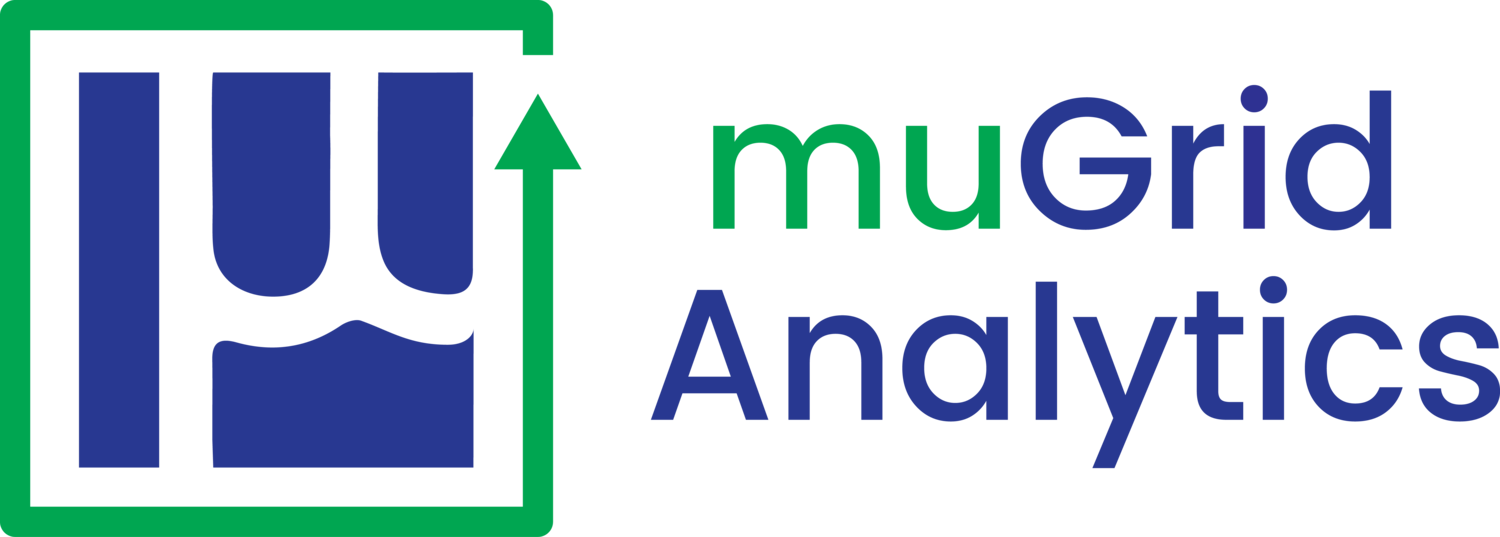muGrid Analytics Helps Bring Smart Meters To Colorado
Here at muGrid Analytics, we love to help clients make data-driven decisions regarding their energy assets. We use our Redcloud energy optimization platform every day to determine the optimal sizing and dispatching of battery energy storage across stacked revenue streams. Other times we’ve used big data techniques to identify, in near real-time, which inverter has failed on a solar array, ensuring that the system continued to perform to produce electricity at peak capacity.
But there’s often one small problem — we need data! Without data, we’re kind of useless.
Well, it turns out that 1.5 million Colorado utility customers are going to be getting access to their utility data. That’s because Xcel Energy reached a settlement whereby they will be rolling out advanced metering infrastructure — commonly known as smart meters — to consumers between 2020 and 2024. This will allow customers to access their electrical load profile and then download it or send it directly to other software providers or consultants (like us!) via Green Button Connect My Data functionality.
What is an electrical load profile?
An electrical load profile is a recording of how much electricity your facility consumed during each interval of the day. So not only do you know how much energy you consumed, but you also know when you consumed. These measurements might be taken every 5, 10, or 15 minutes. Or in some cases, every few seconds.
Think of it like driving a car and watching the speedometer. At any instant, you can know how fast you are going.
Now imagine that every thirty seconds you record your speed in a notebook. Then you could plot those points and — voila — you’d have a graph of speed versus time. You could give the data to your mechanic and he’d know how fast you were going at every moment along your drive.
Well, with a smart meter, you can obtain a record of power versus time. You’ll now how much energy your building consumed during every hour (or minute) of the day.
What can you do with your electrical load profile?
Back in the day, electricity bills were pretty simple. The meter recorded the total number of units (kilowatt-hours) of electricity consumed, and then the utility assessed a charge for each unit. So if the meter said you used 10,000 kWh of electricity, and the rate was 10 cents per kWh, they would send a bill for $100.
But that’s changing.
Nowadays many commercial and industrial customers — and even some residential ones— are being charged different rates for electricity depending on when they consume it. The tariffs can be pretty complicated, but in general electricity that is consumed at night is cheaper than during the day. This is being done to incentivize customers to change their behavior to help alleviate the demands on the electrical grid.
This isn’t necessarily a bad thing for consumers, and, in fact, those who strategize their energy consumption may actually save money under such a scheme. But the key is you need to know when you consume electricity before you can start to optimize it.
And that’s why having access to your electrical load profile is so important.
muGrid Analytics role in bringing smart meters to Colorado
In the world of energy optimization, access to data is critical and so it seems obvious that any effort to increase the availability of that data is a good idea. But of course there is a cost to doing so. And ultimately that cost gets passed to the rate payers so it needs to be approved by the Public Utilities Commission, who must weigh the pros and cons of any such proposal.
The Colorado PUC accepted public comments regarding the deployment of smart meters at an opening hearing back in March. At the request of our friends at Mission:Data, muGrid Analytics, as a Colorado company, gave a statement about the importance of making smart meter data available to consumers, how it is vital to energy tech companies such as ours, and moreover, how it is it is critical to keeping Colorado at the forefront of the new energy economy.
We’re excited to have played a part, minor as it may seem, in the eventual deployment of smart meters across Colorado.
Because in God we trust, all others bring data.


